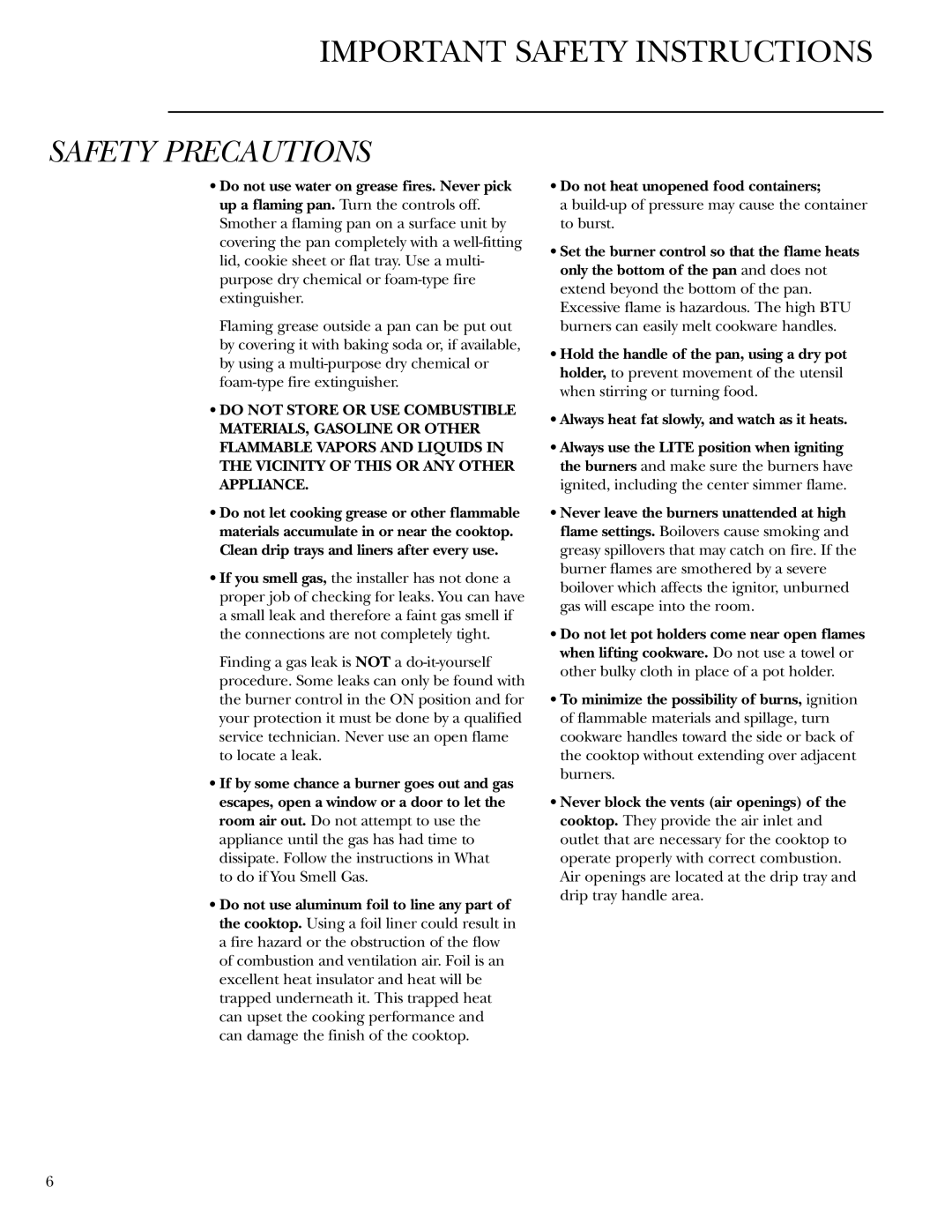36 specifications
The GE 36 is a modern, high-performance turbine engine developed by General Electric, primarily used in aviation applications. Renowned for its cutting-edge technologies, the GE 36 engine showcases an impressive blend of efficiency, power, and reliability, making it suitable for various aircraft, particularly in commercial and military sectors.One of the hallmark features of the GE 36 is its advanced turbofan design. This configuration combines a high bypass ratio with innovative materials and aerodynamics to achieve optimal fuel efficiency while delivering substantial thrust. The engine incorporates lightweight composite materials in its fan and casing, which not only reduces overall weight but also enhances performance and endurance.
The GE 36 is equipped with state-of-the-art digital control systems that allow for precise monitoring and adjustments during flight. These systems utilize advanced algorithms to optimize engine performance, contributing to reduced fuel consumption and lower emissions. Moreover, the digital controls enable real-time diagnostics, allowing technicians to address potential issues promptly and ensuring the engine operates at peak efficiency throughout its lifespan.
A key characteristic of the GE 36 engine is its robust durability. Built to withstand the demanding conditions of flight, the engine undergoes rigorous testing to ensure reliability. Its parts are designed for longevity, reducing the frequency of maintenance interventions. This durability translates into cost savings for operators, as less downtime means increased operational efficiency.
The noise reduction capabilities of the GE 36 also stand out, thanks to its innovative acoustic designs and materials. These technologies mitigate the sound produced during takeoff and landing, aligning with global initiatives to reduce aviation noise pollution in urban areas.
Furthermore, the GE 36 embraces sustainability in its design. The engine supports the use of alternative fuels, allowing operators to comply with evolving environmental regulations while maintaining performance levels. With a focus on reducing the carbon footprint, the GE 36 represents a step forward in green aviation technology.
In summary, the GE 36 engine exemplifies modern aerospace engineering, incorporating advanced materials, digital control systems, and sustainable practices. Its combination of efficiency, performance, and reliability makes it a preferred choice for a wide range of aircraft applications in the competitive aviation landscape. As the industry continues to evolve, the GE 36 stands at the forefront, contributing to the future of aviation technology.
